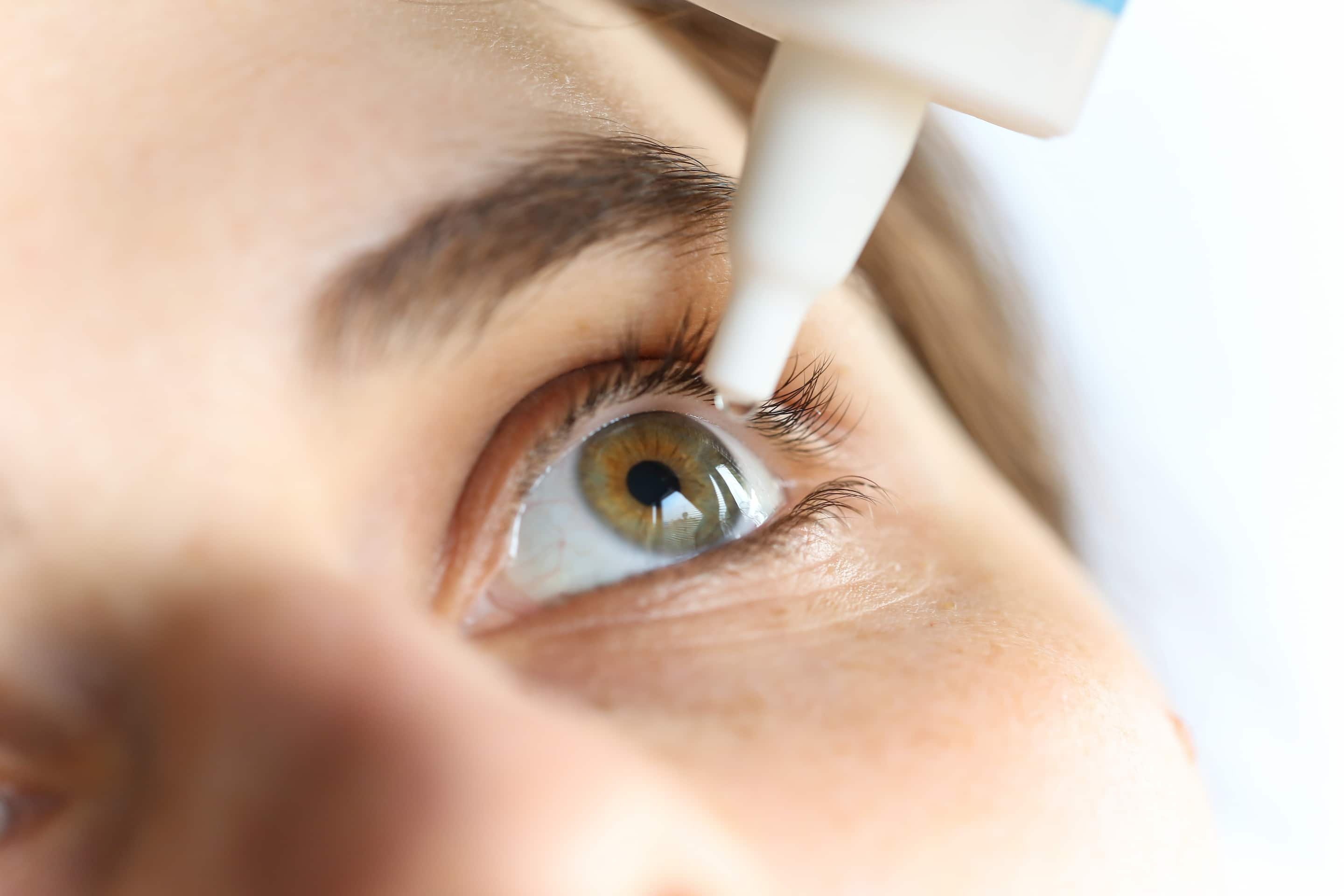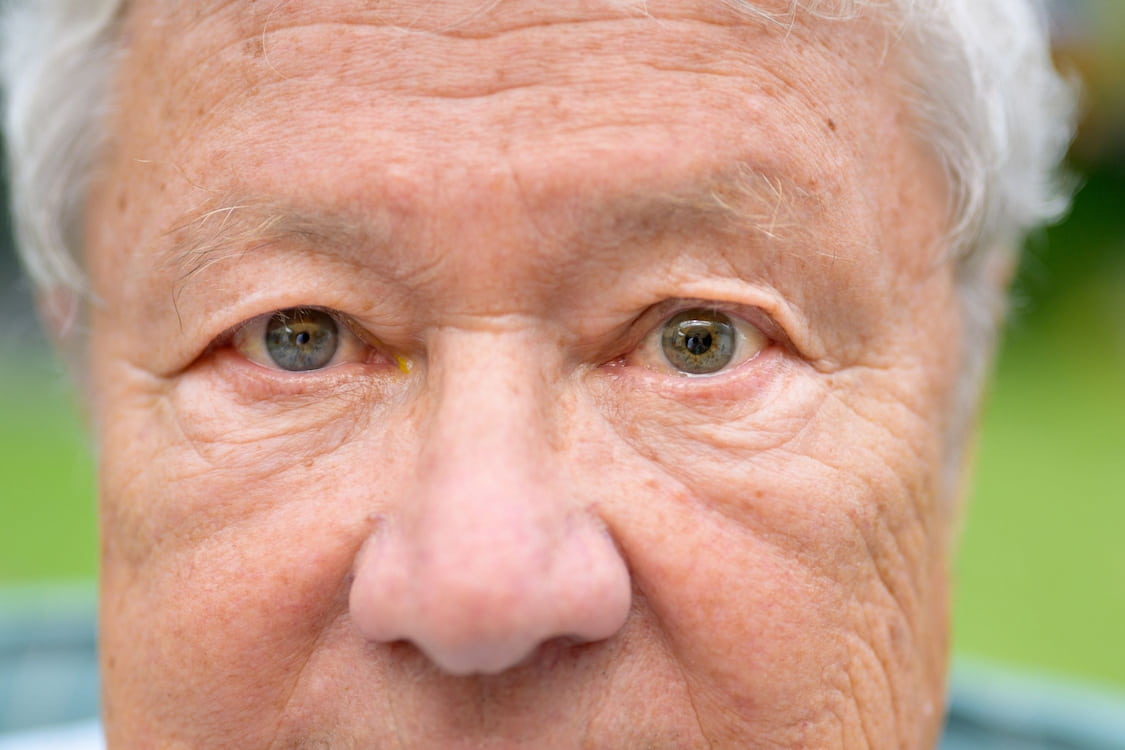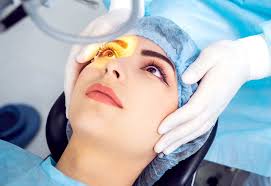
Cataract Surgery Recovery
Cataract surgery in Turkey is a common and effective procedure that can restore clear vision to those suffering from cataracts. While the surgery itself is relatively straightforward, the recovery period can be a bit more challenging for some patients. Fortunately, there are steps you can take to make your cataract surgery recovery as smooth and comfortable as possible. In this article, we’ll share five tips from an expert to help you navigate the recovery process with ease.
From following your doctor’s instructions to being patient and resting, these tips can help you recover fully and get back to enjoying clear vision. Whether you’ve already had cataract surgery or are planning to in the near future, these tips can help ensure a successful and comfortable recovery.
Tip #1: Follow your doctor’s instructions
One of the most crucial things you can do to ensure a successful cataract surgery recovery is to follow your doctor’s instructions carefully. Your doctor will provide you with a list of dos and don’ts to help you heal properly, and it is essential that you follow them to the letter. This includes taking any prescribed medications as directed, avoiding strenuous activity, and keeping your eyes clean and protected. Failure to follow your doctor’s instructions could result in complications, such as infection or delayed healing.
Tip #2: Rest and Relax
After cataract surgery, your body needs time to heal. It is essential to rest and relax as much as possible during the first few days following surgery. Avoid any activity that could strain your eyes, such as reading or watching television for extended periods. Instead, listen to music or an audiobook, or take a nap. You can resume light activities, such as walking, a few days after surgery, but avoid anything too strenuous.
Tip #3: Use Eye Drops as Directed
Your doctor will prescribe eye drops to help prevent infection and promote healing. It is essential to use them as directed, even if your eyes feel fine. Eye drops can help reduce inflammation and prevent complications, such as infection or increased eye pressure. Make sure to wash your hands thoroughly before using eye drops and avoid touching the tip of the dropper to anything, including your eye, to prevent contamination.
Tip #4: Wear Eye Protection
Wearing eye protection is crucial during cataract surgery recovery. Your doctor may provide you with an eye shield to wear at night to protect your eye while you sleep. During the day, wear sunglasses to protect your eyes from bright light and UV rays. It is also essential to avoid any activities that could cause trauma to your eye, such as sports or heavy lifting.
Tip #5: Be Patient
Cataract surgery recovery takes time, and it is essential to be patient. Your vision may be blurry or hazy for a few days or even a few weeks after surgery. You may also experience some discomfort or mild pain, which should subside within a few days. It is important to remember that everyone heals differently, and your recovery may take longer than others. If you experience any severe pain or sudden changes in your vision, contact your doctor immediately and please have a vision checkup.
How Long Does Recovery Take?
The recovery time for cataract surgery can vary depending on several factors, including the patient’s age, overall health, and the complexity of the surgery. In general, most patients can expect to resume normal activities within a few days to a week after surgery. However, full recovery can take several weeks or even months, and some patients may continue to experience mild discomfort or sensitivity for several weeks after surgery.
During the first few days after surgery, it is essential to rest and avoid strenuous activity. Your doctor may also recommend that you avoid bending over or lifting heavy objects to prevent strain on your eyes. After the first week, most patients can resume light activities such as walking, but should still avoid heavy lifting or strenuous exercise until cleared by their doctor.
Will I Need To Take Time Off Work?
Whether or not you need to take time off work after cataract surgery depends on the type of work you do and how quickly you recover. Most patients can resume normal activities within a few days to a week after surgery, but it may take several weeks before they feel comfortable returning to work.
If you work in an office or have a job that does not require heavy lifting or strenuous activity, you may be able to return to work within a few days after surgery. However, if your job involves physical labor or requires heavy lifting, you may need to take several weeks off work to allow your eyes to heal fully. Your doctor can provide guidance on when it is safe for you to return to work based on your individual circumstances.
It is also essential to consider your commute to work when planning your return to work after cataract surgery. You may not be able to drive for several days or weeks after surgery, so you will need to arrange transportation to and from work. If you work from home or have the option to work remotely, this can be a great way to ease back into work while allowing your eyes to heal fully.
Ultimately, the decision to take time off work after cataract surgery depends on your individual circumstances and the nature of your job. Be sure to discuss your options with your doctor and plan accordingly to ensure a safe and comfortable recovery.
Can I Drive After Cataract Surgery?
It is essential to avoid driving immediately after cataract surgery. Your vision may be blurry or hazy, making it difficult to see clearly. Your doctor will let you know when it is safe to resume driving, typically a few days to a week after surgery. However, it is essential to wait until you feel comfortable and confident in your vision before driving.
The Study of Cataract Surgery Recovery
Recent research published in the Journal of Ophthalmology conducted a study involving 500 cataract surgery patients to determine the average recovery time. The findings indicated that, on average, patients could expect to resume normal activities within 3 to 5 days after cataract surgery. However, complete recovery, including a return to strenuous activities, took an average of 4 to 6 weeks. This study highlights the typical recovery timeline, though individual experiences may vary based on specific circumstances and health factors.
How Long Until I Can Have Surgery on My Other Eye?
The timing for operation on the second eye surgery after cataract procedure can vary based on your individual circumstances and your doctor’s recommendation. In general, most doctors will recommend waiting at least a few weeks between surgeries to allow the first eye to heal fully and ensure that there are no complications.
Typically, doctors will perform surgery on the second eye anywhere from a few days to several weeks after the first eye, depending on how well the first eye has healed. Your doctor will examine your first eye and evaluate your overall health before making a recommendation on the timing of the second surgery.
It is also essential to consider your own comfort level when deciding when to have surgery on your second eye. Some patients may prefer to wait longer between surgeries to allow for a more gradual adjustment to their new vision, while others may prefer to have both eyes done as quickly as possible.
Cataract Surgery Recovery: Healthy Türkiye Note
In conclusion, cataract surgery recovery can be challenging, but following these five tips can make it more manageable. Remember to follow your doctor’s instructions, rest and relax, use eye drops as directed, wear eye protection, and be patient. Recovery time can vary, and it is important to avoid strenuous activity and wait until your doctor advises you it is safe to resume driving.
If you have any concerns or experience any complications, do not hesitate to contact Healthy Türkiye’s doctors immediately. With proper care and attention, you can have a successful cataract surgery recovery and enjoy clear vision once again.




